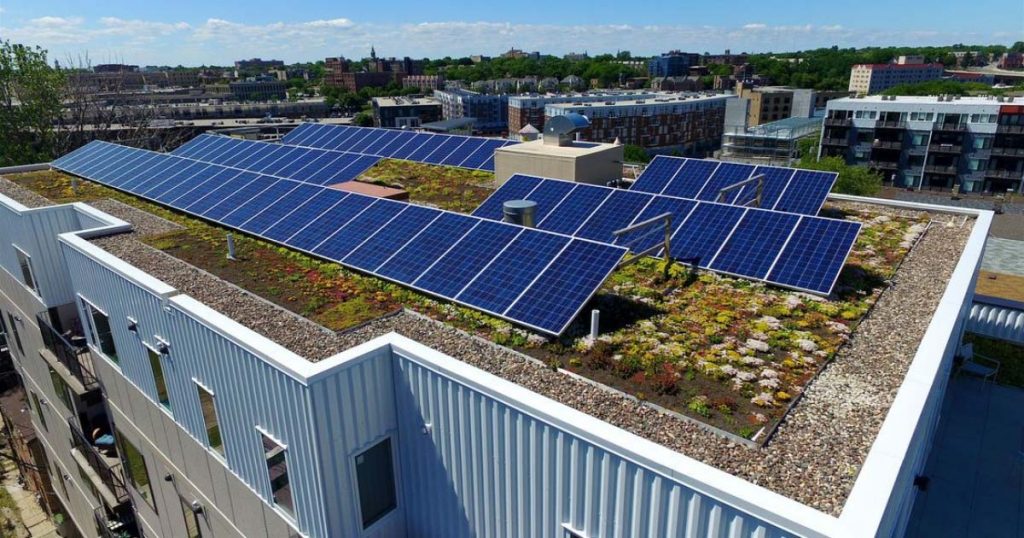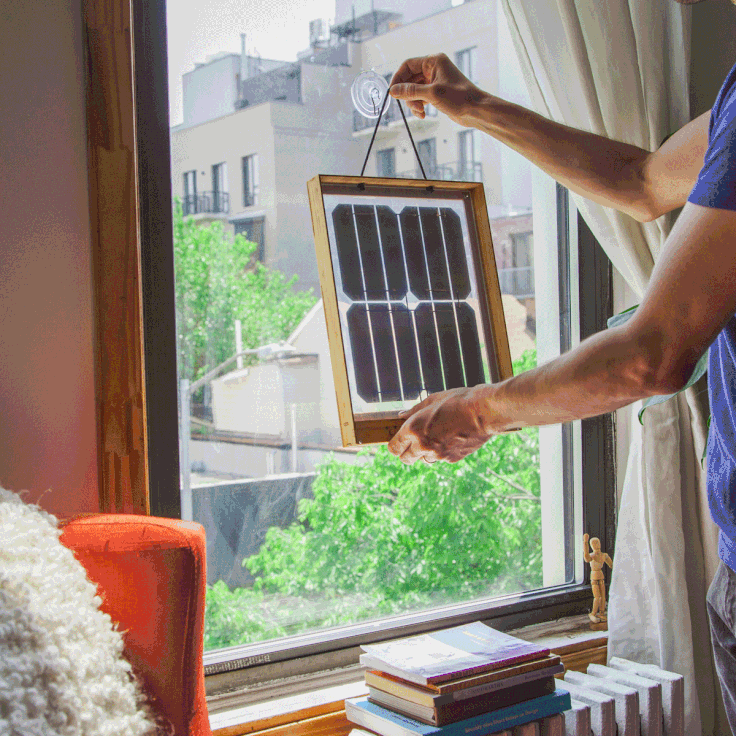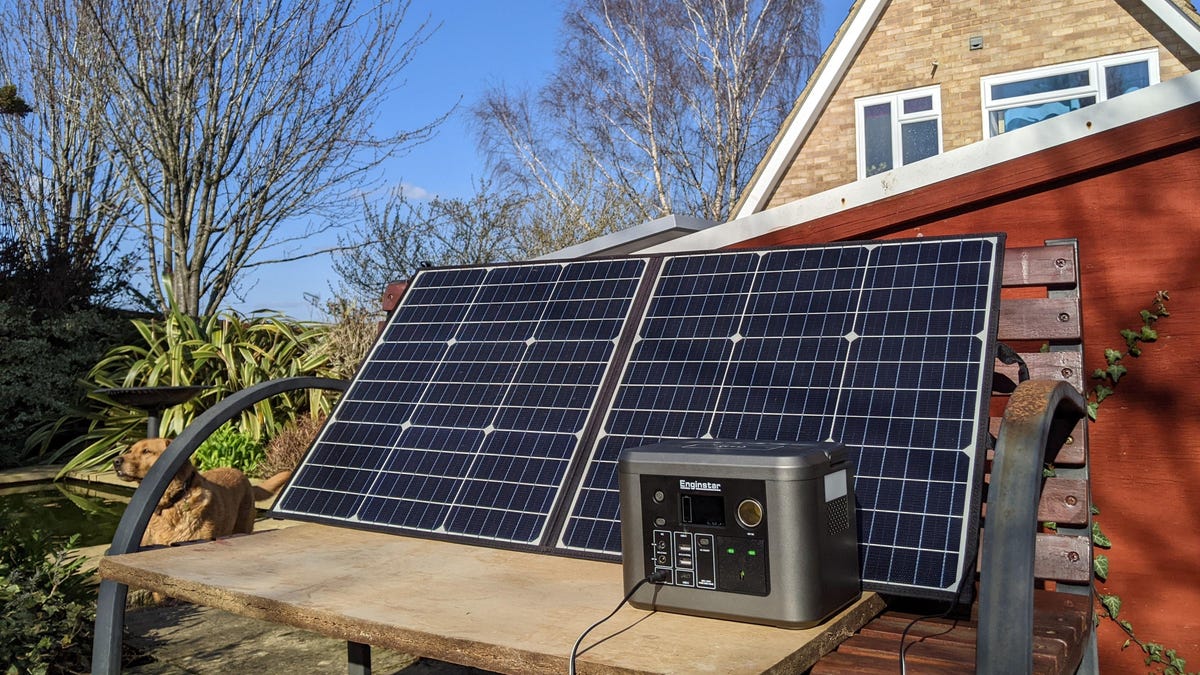As renewable energy gains popularity and people seek to reduce their carbon footprints, solar panel installations have become a popular choice.
However, for renters in apartments, installing solar panels can be complex and uncertain due to legal and agreement restrictions.
This article aims to look at the topic of renters installing solar panels on rental properties by exploring considerations, challenges, and potential solutions.
Can I Install Solar Panels On The Apartment I Rent?

Whether renters are allowed to install solar panels on rental properties depends on their jurisdiction's specific laws, regulations, and agreements and the terms of their rental agreement or lease.
It's crucial to consult local laws and review the rental agreement to understand the applicable rules and restrictions.
Solar panel installation laws and regulations can differ significantly between countries, regions, and even states or municipalities.
Some jurisdictions may have specific regulations permitting renters to install solar panels, while others may impose restrictions or prohibitions.
Researching local building codes, zoning laws, and renewable energy policies can help determine the legality of solar panel installation.
With that being said, if you're renting an apartment, carefully review your lease or rental agreement to determine if you have the right to make modifications, such as installing solar panels.
In most cases, tenants will be required to seek written permission from the landlord before they are able to make any alterations.
Landlords' willingness to allow solar panel installation can vary. Some landlords may be open to the idea if it enhances property value, reduces energy costs, or aligns with their environmental goals.
However, others may have concerns about potential property damage, liability, or the impact on aesthetics.
If you live in a shared or multi-unit property, additional considerations may arise. The installation of solar panels might require approval from other tenants, homeowner associations (HOAs), or property management companies.
Other Ways To Use Solar Panels As A Renter

If you're renting a property and want to install solar panels but face restrictions or challenges, there are a few ways you can tackle the issue:
Have an open conversation with your landlord
Start by discussing your interest in solar panel installation with your landlord. Explain the benefits, such as potential energy savings and positive environmental impact.
Address any concerns they may have and suggest possible solutions to address those concerns.
Maintaining a respectful and collaborative approach is important to increase the likelihood of reaching an agreement that works for both parties.
Seek legal advice
Suppose you encounter resistance from your landlord or face unclear restrictions in your rental agreement.
In this case, speaking to a local attorney who specializes in real estate or renewable energy law may make sense.
They can provide specific insights into your situation and advise you on potential legal options or any rights you may have as a renter.
Consider portable solar options
If permanent installation is not feasible due to restrictions or landlord objections, explore portable solar options.
Portable solar systems like the BLUETTI PV420 are designed to be easily movable and don't require permanent modifications to the property.
They can still provide some renewable energy benefits while offering flexibility and temporary installation.
Look into community solar programs
Check for community solar programs available in your area. These initiatives allow individuals to benefit from solar without installing any panels on their property.
Typically, participants share a solar array that supplies electricity to multiple users, often through subscriptions or credits applied to their utility bills.
Engage with local initiatives and advocacy groups
Connect with local organizations or advocacy groups that focus on renewable energy and sustainability.
They may have resources, guidance, or experience in dealing with similar situations.
These groups can offer advice, assist in negotiating with landlords, or help explore alternative options to achieve your solar energy goals.
Using Portable Solar Panels In Your Apartment

Determining the appropriate size of portable solar panels for your apartment depends on several factors.
Below we've listed a few things to consider:
- Assess your energy needs: Start by evaluating your average daily energy consumption. This can be done by reviewing your utility bills or using energy monitoring devices. Understanding your energy usage will give you a better idea of the power output required from your portable solar panels.
- Evaluate available installation space: Consider the space available for installing solar panels in your apartment. Portable solar panels come in various sizes and configurations, so take into account how much space you can allocate for their placement. It's important to note that larger panels generally generate more power but may require more installation space.
- Identify power requirements: Determine the specific devices or appliances you intend to power using solar energy. Check their power ratings (in watts) or estimate their average energy consumption throughout the day. Doing this will help you determine the power capacity (wattage) needed from your portable solar panels.
- Consider battery storage: If you plan to utilize solar power when the sun is not available, you may want to include a battery storage system like the BLUETTI AC200P. A solar generator will allow you to store excess solar energy created during the day for later use. Consider the capacity of the battery system based on your anticipated energy storage needs.
- Consult solar panel specifications: Once you have an estimate of your energy requirements and available space, refer to the specifications of various portable solar panels. Look for panels that offer suitable wattage output and dimensions that align with your space constraints.
- Factor in efficiency and sunlight availability: Take into account the efficiency of the solar panels and the amount of solar irradiation available in your area. Panels with higher efficiency can generate more power from the same amount of sunlight. Additionally, areas with abundant sunlight will generally allow for greater energy production.
- Consider expandability: If you anticipate an increase in your future energy needs or want to expand your solar setup over time, consider portable solar panel systems that offer scalability. Look for portable systems that allow you to add more panels to your existing setup as needed.
Final Thoughts
Installing solar panels as a renter can present challenges, but with careful consideration and open communication, it's possible to find solutions.
It's crucial to assess your energy needs, evaluate available space, and understand any restrictions imposed by your rental agreement and local regulations.
Engaging in constructive dialogue with your landlord can help create a mutual understanding and potentially lead to permission for solar panel installation.







































































